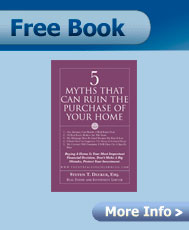When purchasing or selling a home many questions may arise especially if it is a first time home purchase or selling a home for the first time. Questions may range from general questions to more in depth questions that may be answered with state specific or city specific laws in mind.
Real estate questions should be addressed to an experienced real estate professional so that answers can be answered appropriately based on the state specific laws (and possibly city specific real estate laws).
To speak with a New York and New Jersey real estate lawyer regarding any real estate questions call 718.979.4300. We are able to answer questions concerning and represent clients in:
- Buying a home
- Selling a home
- Short sales
- Refinancing a home
- Home loan modification
- Purchasing a new construction home
- Foreclosure
 November 8th, 2013
November 8th, 2013 

